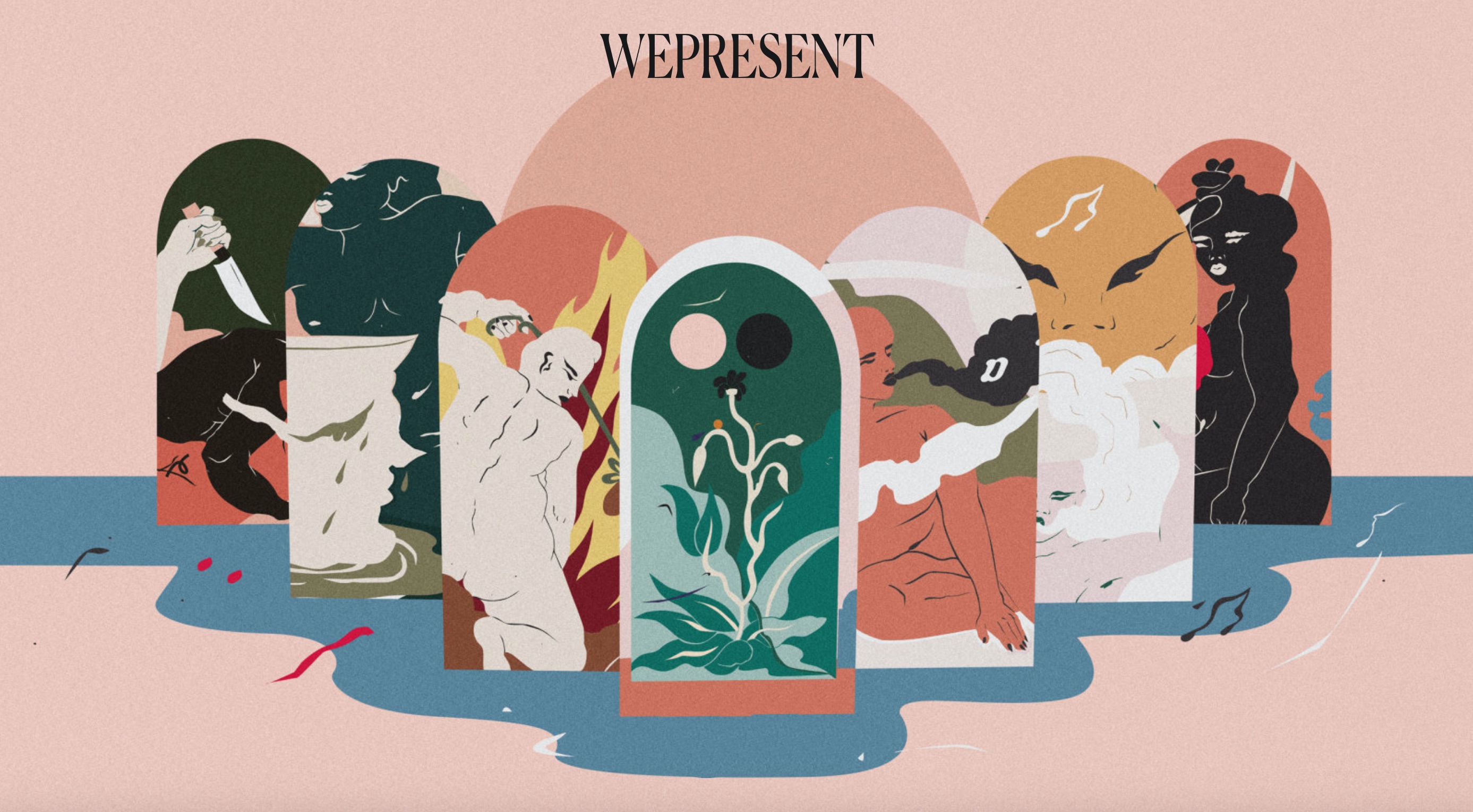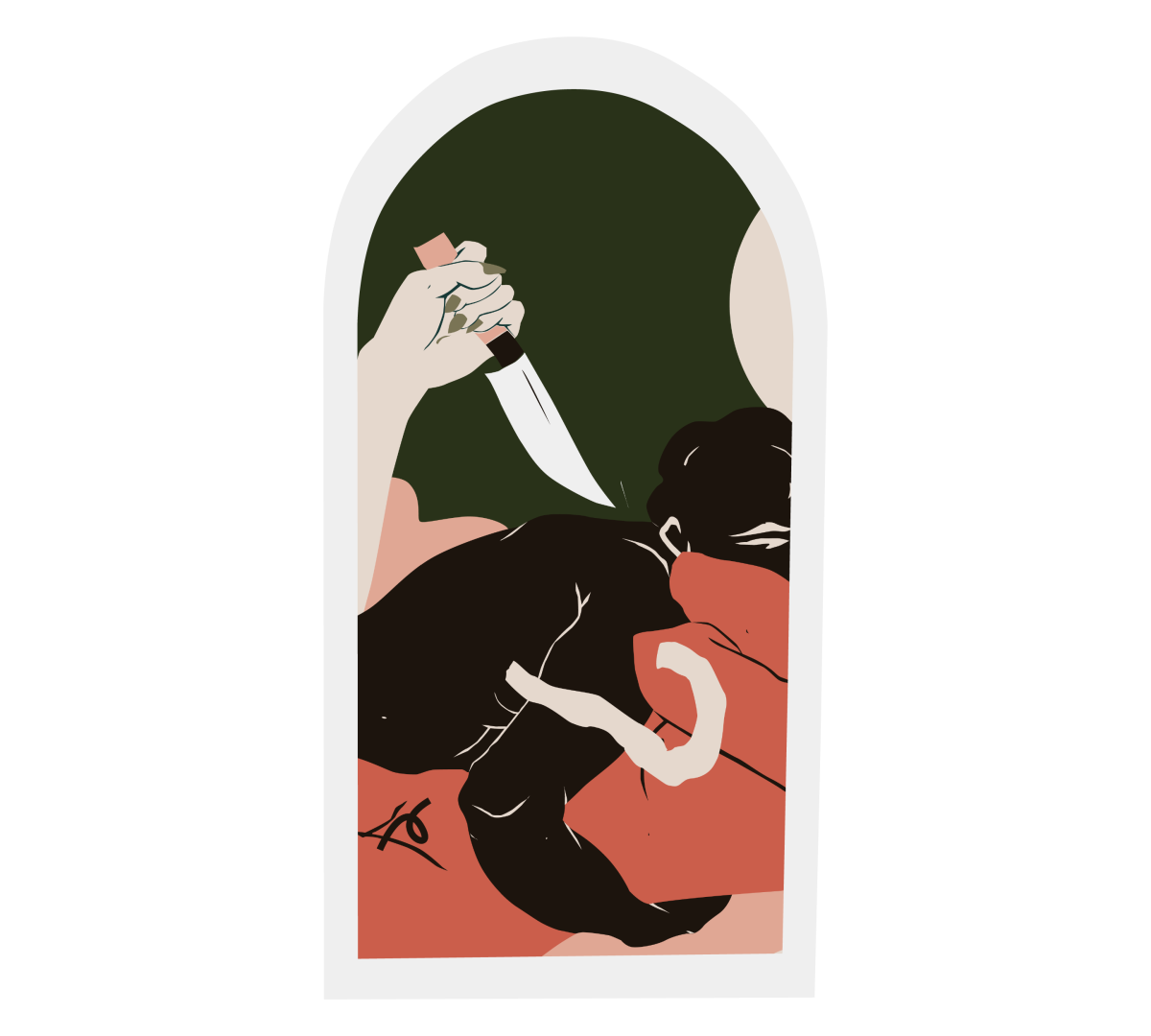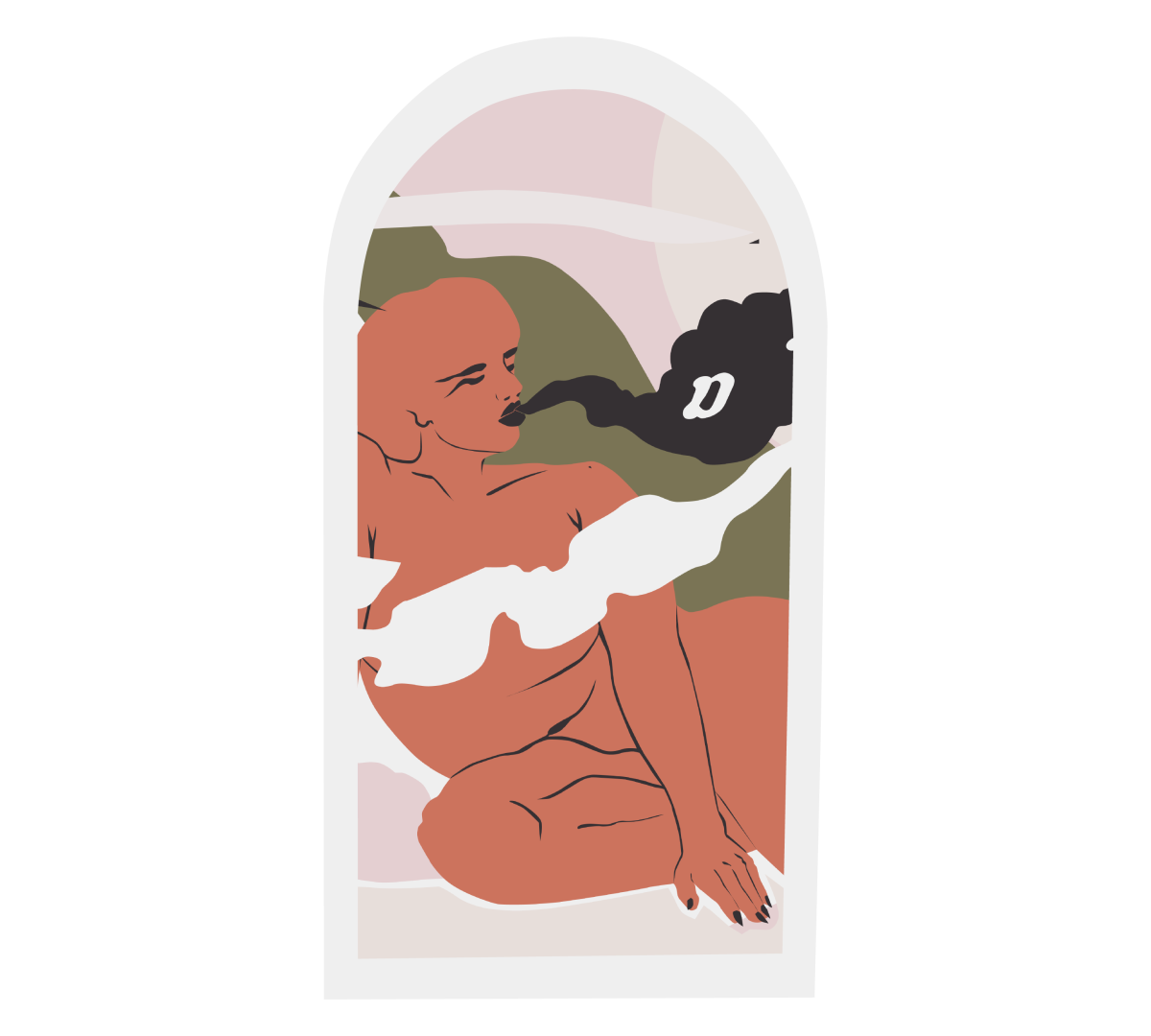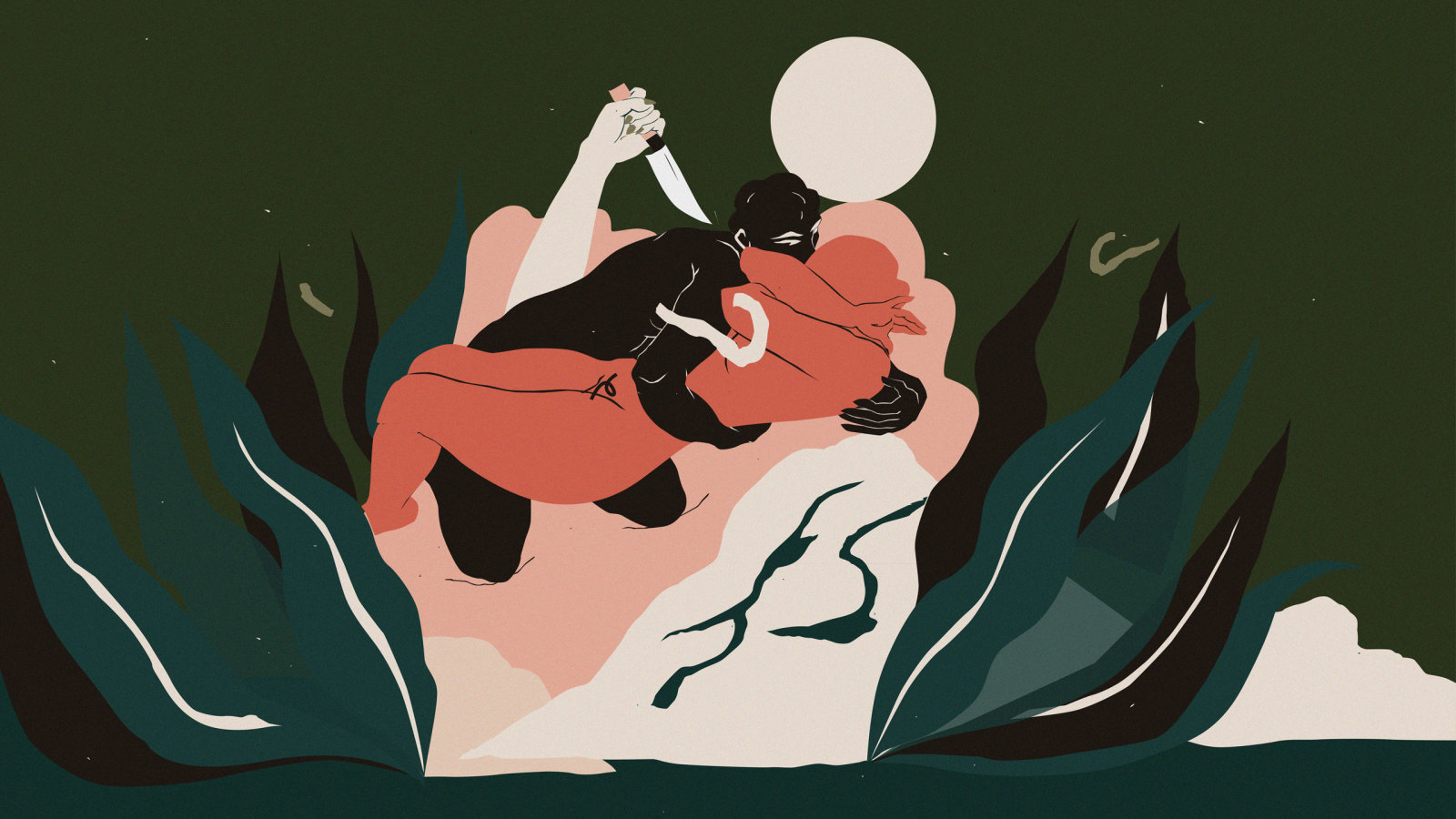Images 003
![]()
![]()
![]()
![]()
![]()
![]()
![]()
![]()








Rule 1: PLOT
~ by Hiro Murai

Hiro Murai is a Tokyo-born, Los Angeles-based filmmaker who got his start in music videos for artists like Childish Gambino, Flying Lotus, Bloc Party, and Queens of the Stone Age. He directed multiple episodes of FX’s Atlanta, a collaboration with Donald Glover, which won several Golden Globe and Emmy Awards.
Personally, I like plot as a sort of passive element that takes you into the more experiential, emotional parts of storytelling. I see it as the thing that kind of pulls you through the story, a new perspective or idea that hooks the viewer enough to stick around for the ride. I worked in music videos for a long time, and I always thought of it like this – what can I do to get someone to make it to the first chorus?
When I hear a song I’ve been asked to make a video for, usually the thing that pops out at me is some abstract emotion. It's never a clean cut effect, never just “the chorus makes me happy,” or “the bridge makes me sad." It's usually kind of a mixture of emotions. Maybe there's a little bit of optimism, but it's also sort of melancholic. It's usually a weird mish-mash of some feelings.
I usually hook on to one tiny element of the song. That part that I'm drawn to I just try to embellish and build either a narrative or a structure around it. The music video is definitely its own thing; I like to think of the video as a sort of counter-melody, or something that grabs onto the song.
With Donald Glover, who I've worked with for six years now, he'll often be thinking about the visuals, and the “frame” around the song. Sometimes he'll send me a song and be like, "Hey, I keep thinking about this image, or when it changes from the verse to the hook it gives you this feeling." And then I'll just work off of that.
I think Donald and I have a similar perspective on plot. Especially in Atlanta, it's sort of a collection of moments. It's not really built to crescendo into anything. And I think we look at plot again as a kind of path that takes you from moment to moment. Really, we're interested in the minutiae of, say, being in a smoked out living room of a rapper in Atlanta. I like the feeling of not being sure which way it's going to fall. And I think that feeling of ambiguity and uncertainty is, not only what we're chasing in the show, but also a theme for the whole theory too.
Aristotle’s belief is that plot is always a change in fortune. I mean that's talking about dynamics, right? I think a lot of times in life it's not just, “Oh, it's good fortune and then it goes into bad fortune.” It's sometimes a mix of both. I think with the internet now, you get to look at things from a million perspectives, for better or worse. A lot of times for worse. I think it's hard to just look at your life in a binary now.
I moved to LA when I was nine. I remember seeing a lot of movies without being able to read the subtitles. And though I could take in the rhythm of the story, and part of the emotional things of the story, I couldn't understand the specifics. But there was something kind of cool about being able to take a story and that sort of abstract, rhythmic, emotional vein and somehow understand a lot of it. As this Japanese immigrant kid I could watch Cool Runnings, and understand exactly what the story is about, even though I had no idea what bobsledding was or where Jamaica was on the planet.
My parents watch Atlanta and I don't think they understand most of the dialogue. But I think they still understand the emotional core, and the arc of the story. I was really interested to talk to them about what they catch, and what they think about individual episodes. It's really interesting to see what of the story gets translated simply through the emotional experience.
Interview and edit by Erin Ruffin
Illustrations by Melissa Jarram